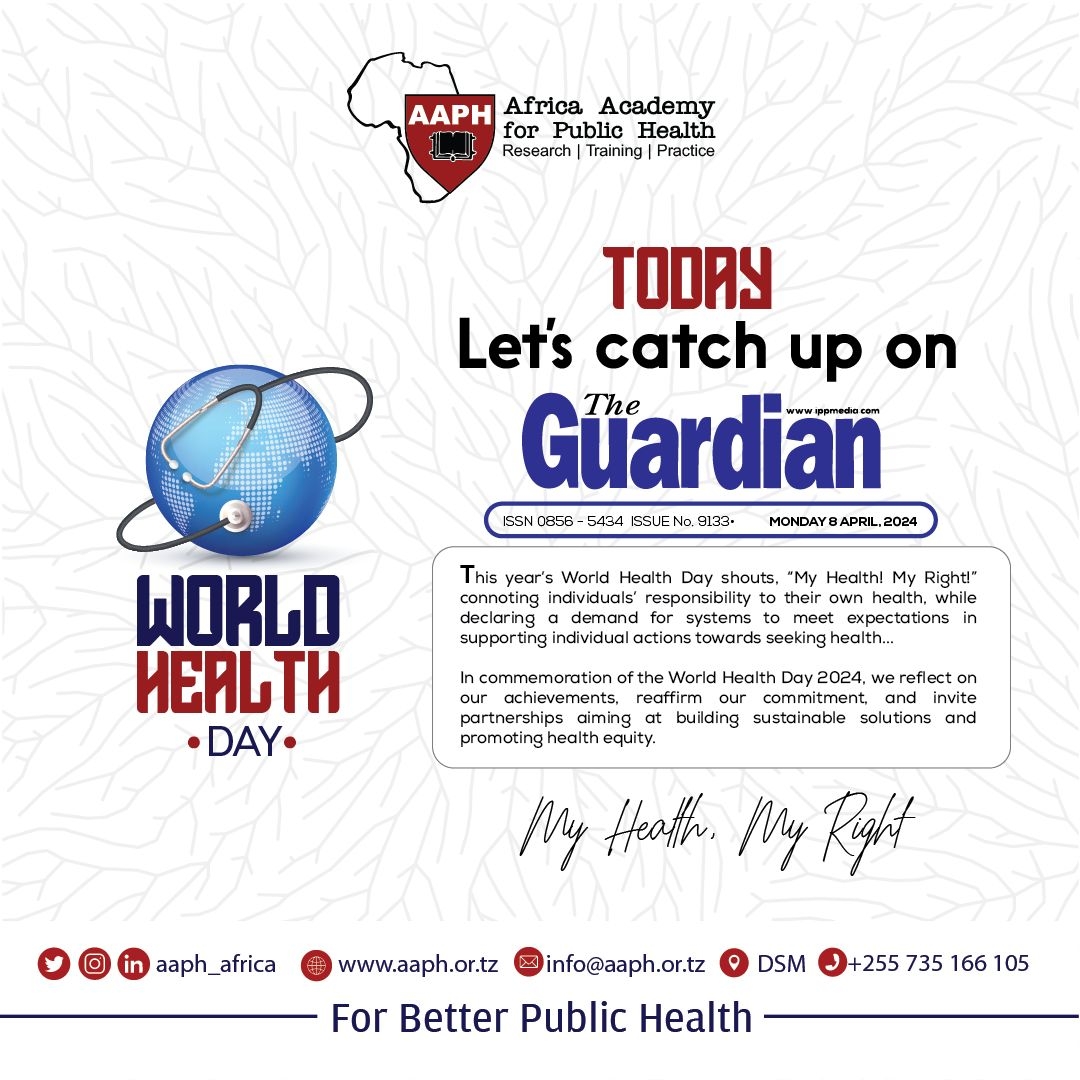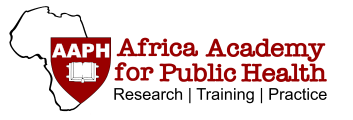
This year’s World Health Day shouts, “My Health! My Right!” connoting individuals’ responsibility to their own health, while declaring a demand for systems to meet expectations in supporting individual actions towards seeking health.
Did you know that a habit - simple as washing hands - could change population health outcomes?
The year 2023, for an example, was a record year for disease elimination according to Global Health Achievements 2023[1] despite the challenges posed by the subdued COVID-19 pandemic - which in essence rewired individual deliberate actions into collective habits primarily for prevention. The outcome however is phenomenally vast in eliminating legacy infectious diseases with washing of hands being a driving behavioral factor. Handwashing before and after preparing food, after using the bathrooms, and after cleaning dishes significantly reduced the odds of diarrhea by over 70%.[2] Today, 50 countries globally have eliminated at least one neglected tropical disease (NTD), in line with WHO’s ambitious target of having 100 countries achieve this milestone by 2030.1
Take responsibility with us today and partner in walking the talk, “My Health, My Right” by empirically accentuating the essential needs and unleashing the potential for not only individuals but communities in Tanzania and across sub-Saharan Africa to attain the highest possible level of health and well-being.
Dr. Michael A. Battle Sr. - the U.S. Ambassador to Tanzania wrapped it well as he spoke at the Africa Research, Implementation Science and Education (ARISE) Network’s 05th Annual Scientific Symposium earlier this year, “We must collaborate globally. We must have a multilateral approach. We must bring in people from all corners of the globe, from all sectors of our population; academicians, government leaders, civil societies, physicians – all of us working together, can reach the goal of making the world a healthier and safer place.”
Africa Academy for Public Health (AAPH) has over the past 15 years charted a footprint working as an independent Non-Government and Non-Profit Organization in 15 Regions within the United Republic of Tanzania and 9 countries across the sub-Sahara African Region through the ARISE Network. Co-founding of this ARISE Network by AAPH and the Harvard T. H. Chan School of Public Health amplified AAPH’s reach and collaborative impact outside Tanzania as one of the lead sub-Sahara African institutions in undertaking innovative cutting-edge public health research, facilitating training, capacity building, as well as knowledge translation for policy enactment and action. AAPH has reached thousands of children, adolescent girls and boys, young adults as well as women of reproductive age through robust implementation science research. In our approach, individual and health systems needs are identified by scientific methods, empirical data is utilized in co-designing sustainable context specific interventions with the intended beneficiaries, and periodic implementation evaluation is conducted to track progress and inform policy action.
Despite these achievements, persistent health disparities remain a formidable challenge as reported in the International Journal for Quality in Health Care particularly in low- and middle-income countries (LMICs), where access to healthcare and essential services remains unequal.[3] In Tanzania and the ARISE Network partner countries i.e., Botswana, Burkina Faso, Ethiopia, Ghana, Nigeria, Rwanda, South Africa, and Uganda; AAPH is deliberately addressing some of these individual level and health systems challenges in the Nutrition; Sexual Reproductive Health; Mental Health; Physical Activity; Water, Sanitation and Hygiene; Substance use; and Healthcare seeking behavior domains through targeted interventions and policy advocacy.
AAPH now poises in service as a catalytic agent for forging partnerships between local state and non-state actors as well as international like-minded entities facilitating data-driven policy imperative dialogues for the design and implementation of school-based, community-based and facility-based interventions to advance public health in sub-Sahara Africa.
In commemoration of the World Health Day 2024, we reflect on our achievements, reaffirm our commitment, and invite partnerships aiming at building sustainable solutions and promoting health equity.
